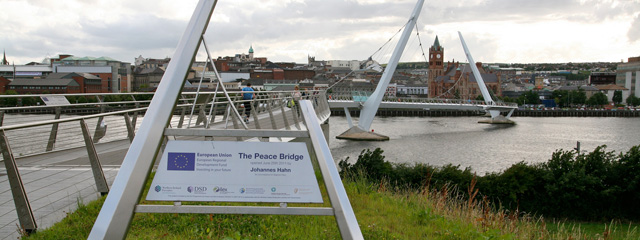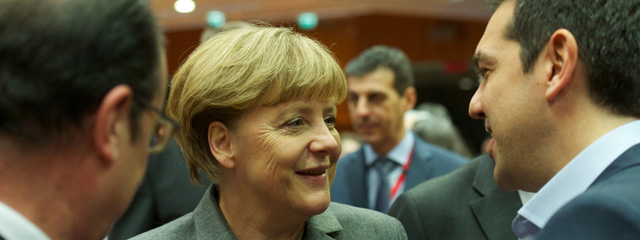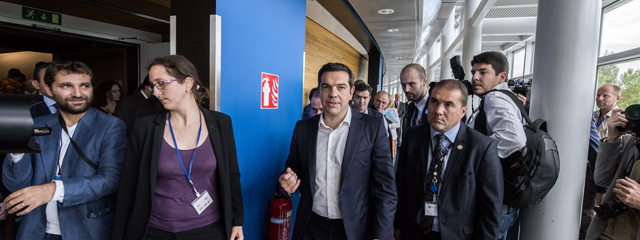Christine Bell In-Depth Analysis Despite the precarious nature of politics in Northern Ireland, the emerging political differences on the question of the UK’s EU membership may not prove particularly divisive during the referendum, writes Christine Bell. However, she suggests that the institutions built around the peace process would be seriously undermined if the European frameworks …








